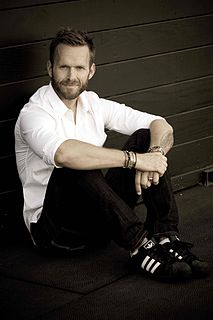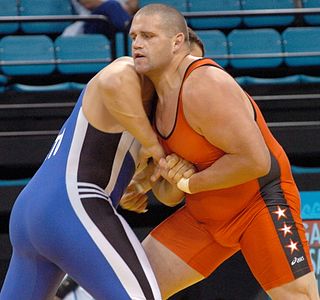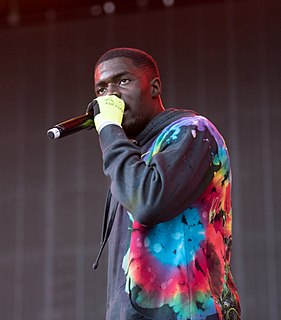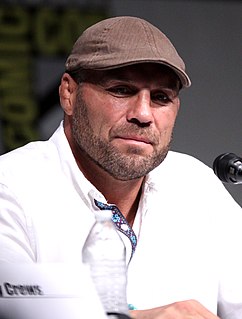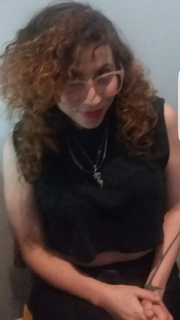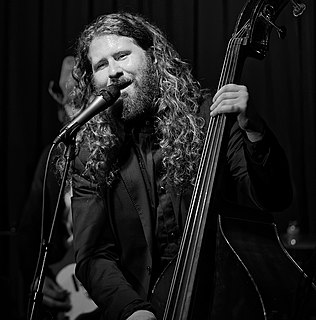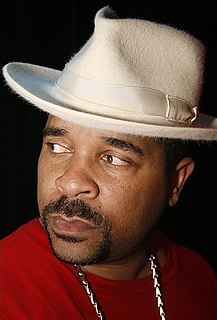A Quote by Bob Harper
Whether you want to lose 20 pounds or 200, what the contestants on 'The Biggest Loser' have learned - and taught me - holds true: You've got to make a break. You've got to divorce yourself from the past and find a different way of living. And you can never go back.
Related Quotes
I'm trying to make better choices, and for me, this is kind of a rebirth. If I make the Olympic team? Great. If not, look at myself after eight years and ballooning up almost 200 pounds and getting on 'The Biggest Loser.' You know what? I get my life back again, and that's what truly mattered to me.
You have got to goad yourself toward a becoming that is in accordance with what you are innate. You have got to sometimes become the medicine you want to take. You have got to, you have absolutely got to put your face into the gash and sniff, and lick. You have got to learn to get sick. You have got to reestablish the integrity of your emotions so that their violence can become a health and so that you can keep on becoming. There is no sacrifice. You have got to want to live. You have got to force yourself to want to.
When I did 'Baby Got Back,' that was just a reflection of the African-American community. We've always liked curves, and a lot of people misunderstood it because let's face it: 20 years prior to 'Baby Got Back,' the only images you saw of a black woman on television were she was probably 300 pounds and cleaning the house with a rag on her head.
